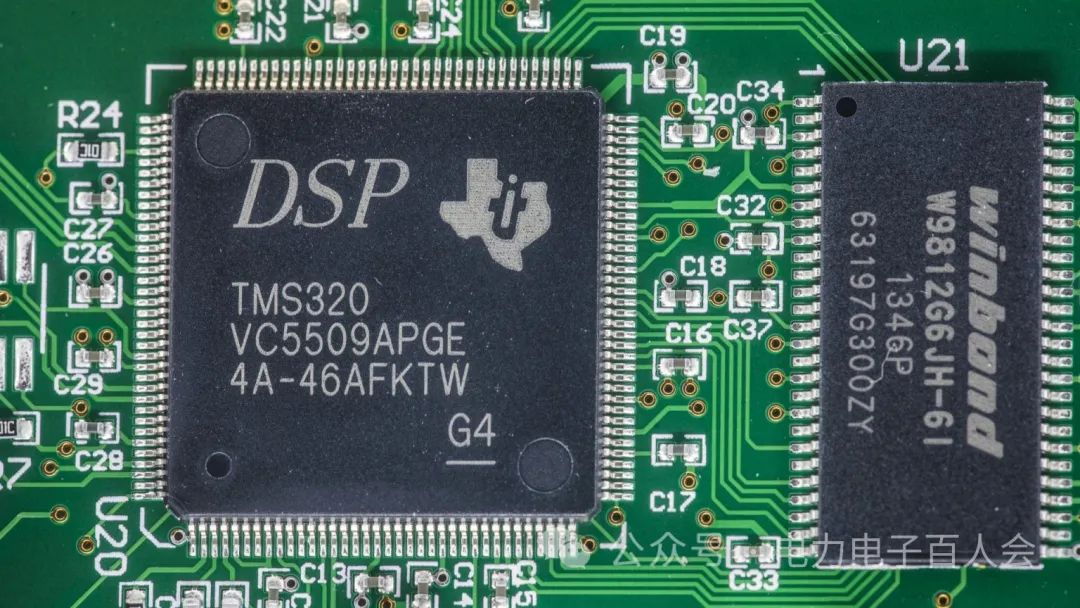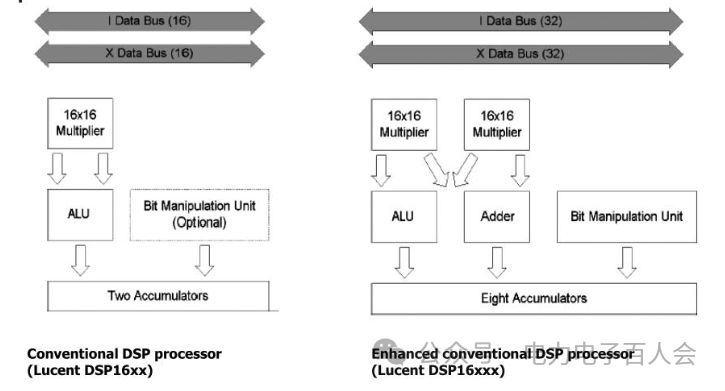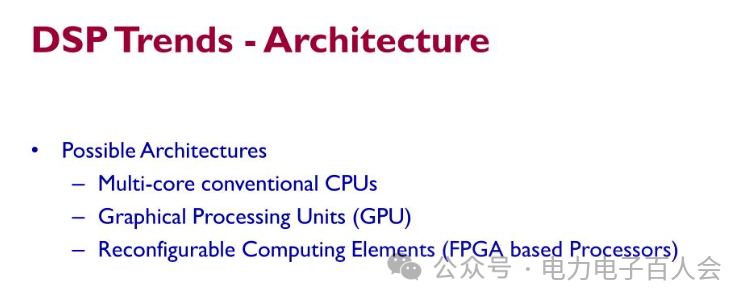What is a DSP Chip?
1. Concept and Framework of DSP
Digital Signal Processors (DSP) are microprocessors specifically designed for high-efficiency and rapid computation of digital signal processing algorithms. They can filter, analyze, modify, and synthesize signals, making them one of the hearts of modern electronic technology.

When exploring the application background of DSP, it is not difficult to find that with the advent of the information age, digital signal processing has become the cornerstone of many fields such as communications, audio and video processing, and radar systems. Its birth stems from solving the frequent distortion and interference problems of analog signals, bearing the responsibility of transforming fuzzy signals into clear digital signals. The basic principles involve sampling and quantization of signals, processed through mathematical algorithms. The core architecture of DSP technology includes data memory, control units, and computational units, which collaborate to achieve precise control over signals.

2. Product Forms and Performance Requirements of DSP
DSP products come in various forms; they can be single chips or integrated into more complex systems. Whether accurately recognizing sound wave patterns in voice recognition systems or enhancing pixel quality in image processing, DSP must meet high-speed and high-efficiency application requirements. In terms of performance, DSP must possess rapid computational capabilities and data throughput, while also having the corresponding processing capabilities for dynamic range and algorithm complexity. Faced with the pressure of real-time processing, low latency and high stability are also listed as performance requirements for DSP.

3. Applications of DSP in Power and New Energy Industries
When the spotlight focuses on the rapidly developing power and new energy industries, the presence of DSP is ubiquitous. In the power industry, DSP is used to improve power quality and achieve precise control and management. At first glance, this may seem like a daunting task, but for DSP, it is merely a daily exercise in digital magic. DSP chips are primarily applied in the power industry in the following areas:
- Power Control: DSP chips can be used to control output voltage, current, and other parameters of power supplies.
- Power Factor Correction: DSP chips can be used to improve the power factor of power supplies.
- Wireless Charging: DSP chips can be used to control the power transfer in wireless charging.
In the new energy sectors such as wind power and solar energy, DSP plays a key role in power conversion, grid adaptation, and energy management. It delicately sculpts the flowing electric energy into precise currents and voltages that meet real-world demands. DSP chips are mainly applied in the new energy industry in the following areas:
- Photovoltaic Power Generation: DSP chips can be used to control the inverters of photovoltaic power generation systems.
- Wind Power Generation: DSP chips can be used to control the pitch systems of wind power generation systems.
- Electric Vehicles: DSP chips can be used to control the motors and battery management systems of electric vehicles.
The digital signal processor is to the semiconductor industry what a grid is to the earth, weaving intricate patterns into the tapestry of electronic technology. Observing the future development trends of the DSP industry, we see a flourishing landscape: the Internet of Things, autonomous driving, 5G communications, and artificial intelligence are breathing new life into DSP.